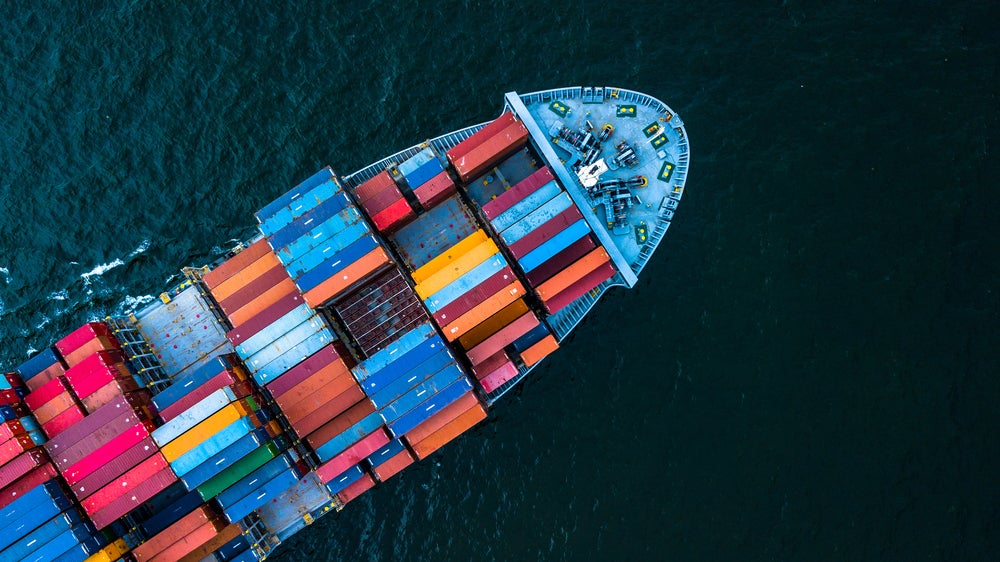Tensions in the Black Sea, recent attacks on ships in the Red Sea affecting the Suez Canal and the impact of climate change on the Panama Canal were highlighted by UNCTAD as particular concerns for global trade.
Last year, the Panama Canal Authority restricted the number of ships allowed to cross the shipping route each day after low rainfall. UNCTAD explained the canal, which is a “pivotal conduit for global trade”, has seen a 36% reduction in total transits in the past month compared to a year ago.
The UN’s trade and development body said the long-term implications of climate change on the canal’s capacity raises concerns about possible impacts on global supply chains.
Several shipping companies have been forced to reroute ships following attacks on vessels in the Red Sea in recent months. UNCTAD estimates that weekly transits going through the Suez Canal decreased by 42% over the last two months.
UNCTAD warned these recent events highlight just how crucial maritime transport is, with 80% of the global movement of goods taking place via ship.
These ongoing issues are also leading to increased costs, with the average container spot freight rates during the last week of December 2023 increasing by $500 in one week. UNCTAD said this was the highest-ever weekly increase.
UNCTAD added that container shipping spot rates from Shanghai increased by 122% this week, compared to early December 2023. The rates from Shanghai to Europe have more than tripled and rates to the US have also increased 162%, although they do not pass through the Suez Canal.
The organisation said this shows the global impact of the crisis, as ships seek alternative routes to avoid the Suez and Panama canals.
As well as increasing costs, extended cargo travel also increases greenhouse gas emissions, particularly as ships are often forced to travel faster to compensate for lengthy detours, which burns more fuel per mile.
As it takes time for freight costs to impact prices, UNCTAD has estimated that consumers will start to see higher costs for goods to reflect the current crisis in a year’s time.
UNCTAD warned that developing countries are particularly vulnerable to disruptions and said it is monitoring the situation.
It added: “The current challenges underscore trade's vulnerability to geopolitical tensions and climate-related challenges, demanding collective efforts for sustainable solutions especially in support of countries more vulnerable to these shocks.”









